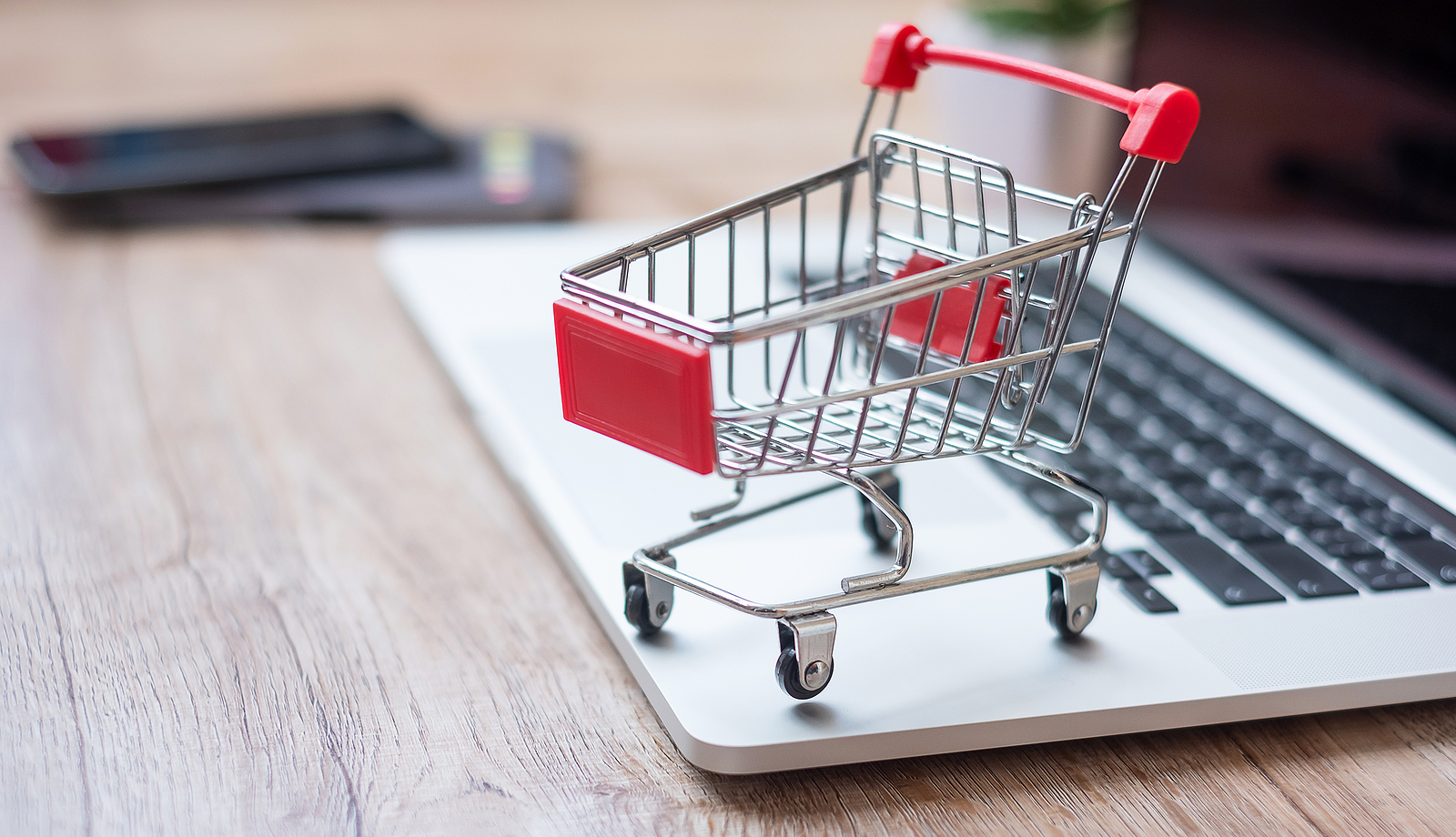Focus on México.
Mexico City, October, 2020
The marketing of counterfeit products has generated a struggle that Intellectual Property rights holders and authorities have had to face synergistically for years. For many brands, it is a never-ending battle, as they cannot put down their guard at any time despite the problems and complications around this problem in each country, such as, the lack of effective actions, support from authorities or adequate legislation.
In this context, the COVID-19 pandemic has led to modifications in this battle that arose interesting changes. During the first few months of the pandemic, the manufacturing and selling of counterfeits decreased mainly due to health restrictions, except for specialized products such as face masks, antibacterial gel, ventilators and others, where there was an increase thereof. Public sale of products in establishments, flea markets and marketplaces decreased and even most of them suspended their daily activities due to health restrictions, mainly social distancing in all countries. Therefore, many counterfeiters go to the virtual market on internet trying to distribute their products, strengthening their online presence not only on specific webpages, but also on e-commerce platforms such as Amazon, Ebay, Alibaba, regional sites in Latin America such as Mercado Libre and Linio, and social media mainly Facebook, Instagram and TikTok.
As an example of the above, in Mexico, the growth of e-commerce was reflected in a 500% higher talking about online sales in Mexico, this according to statistics from Kantar World Panel consultants, quoted in the digital edition of Forbes magazine, stating that “Mexico was the country that added the most buyers and increased fivefold its penetration into the e-commerce channel”.[1]
Additionally, one of the most popular e-commerce platforms in Mexico and LATAM is Mercado Libre, which according to Top Ecommerce Ranking Reports, Mexico, of the e Commerce Institute[2], is the virtual store with the highest number of purchase orders in June 2020. This platform is one of the most popular websites to buy and sell various products, such as electronics, clothing, footwear, beauty products, toys, and many others.
Unfortunately, due to Mercado Libre’s great success -at least for over 15 years of growing in Mexico-, this platform has caught the attention of counterfeiters, who have entered into this site to sell high quantities of counterfeit products. As a result of the increase in this behavior and pressure from Intellectual Property Rights holders, Mercado Libre created a Brand Protection Program to prevent and challenge products that violate any Intellectual Property rights from being listed in or offered through this platform, cancelling user profiles through which infringing or counterfeit products are offered. By agreeing such Program, the holders of such rights may identify and request the removal of any profiles that they believe violate or infringe Mercado Libre’s General Terms and Conditions.[3]
On this context, the problem of counterfeiting online distribution has been increased, so companies that in the past already had programs of challenging counterfeiting in Latin America, had to bring to their attention this platform and seek various solutions, ranging from hiring global trademark monitoring service providers to direct surveillance through correspondents in relevant countries (Mexico, Brazil, Argentina, etc.).
In light of the above, investigators and Law firms face this new big problem having as main use to provide a complete strategy to challenge such activities on such platforms, as the simple monitoring and elimination of publications becomes an endless and ineffective task. Thus, to have a full and complete strategy on online platforms such as Mercado Libre, it is necessary to consider at least the following:
- Conduct cross-investigation and analysis of publications over wholesale distributors;
- In-depth research on high-volume counterfeiters and location in red markets;
- Undercover investigation and controlled purchases for legal proceedings;
- Smart search based on regionalized keywords by country;
- Analysis of seller behaviors for each brand and product;
- Execute actions outside the platform against sellers, importers or wholesale manufacturers.
The pandemic definitely confirmed and gave a final impulse for companies with active campaigns against counterfeit products in Latin America to focus their efforts (perhaps now permanently online), on e-commerce platforms and social networks. Many of these companies already did so before, but definitely post-pandemic will have to maintain and strengthen online surveillance and actions. This currently represents many challenges, as it will be necessary to start accelerated training for investigators and the enforcement authorities on researching and challenging counterfeit products online. Further, various legal amendments will surely follow for Laws that need to be updated in this respect.
For Mexico, fortunately and due to the USMCA entering into force in July this year, changes have been made to the Intellectual Property Legislation, including important aspects to challenge counterfeiting and piracy in the digital environment, which will be useful tools for trademark holders. Among these changes, the following stand out:
- Possibility to eliminate websites with content that violates Intellectual Property Rights;
- Establishing the definition of counterfeiting, including a possibility to challenge products that may be considered “imitations or knock-offs”;
- Possibility of seize counterfeit products not only in importation, but also in trans-shipment, transit or export of goods;
It will be highly important to assess a year from now how the fight against online counterfeiting evolves, which we insist, is no longer an option but an obligation for Trademark owners.
[1] Forbes México, México increased its online sales 500% due to home confinement: Kantar (Abril, 2020). https://www.forbes.com.mx/negocios-mexico-crecio-500-sus-ventas-en-linea-por-el-confinamiento-en-casa-kantar/
[2] eCommerce Institute. TOP ECOMMERCE RANKING REPORTS, MEXICO (June, 2020). https://ecommerce-institute-mexico.rankings.netquest.digital/#/
[3]DeRemate.com de Mexico, S.A. de C.V., Articles that violate intelectual property rights, Mexico (June, 2020) https://www.mercadolibre.com.mx/seguro_violppi.html



